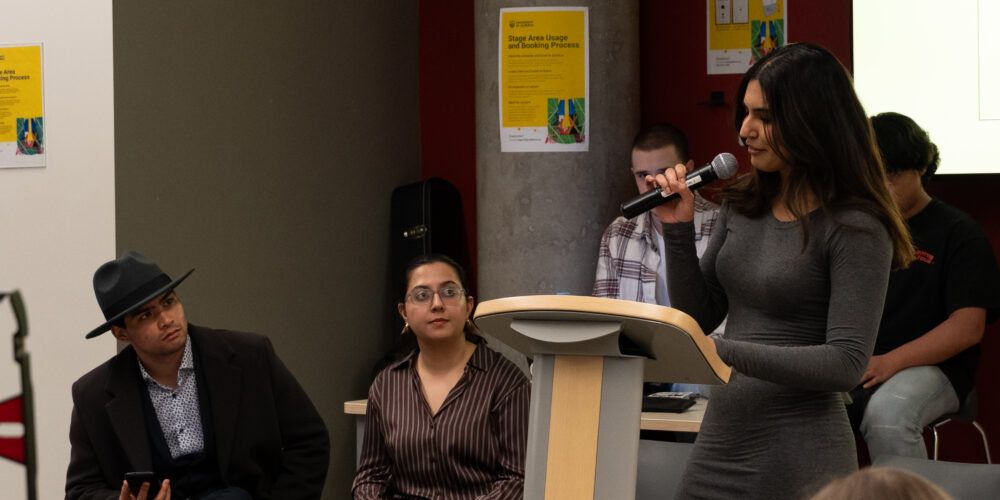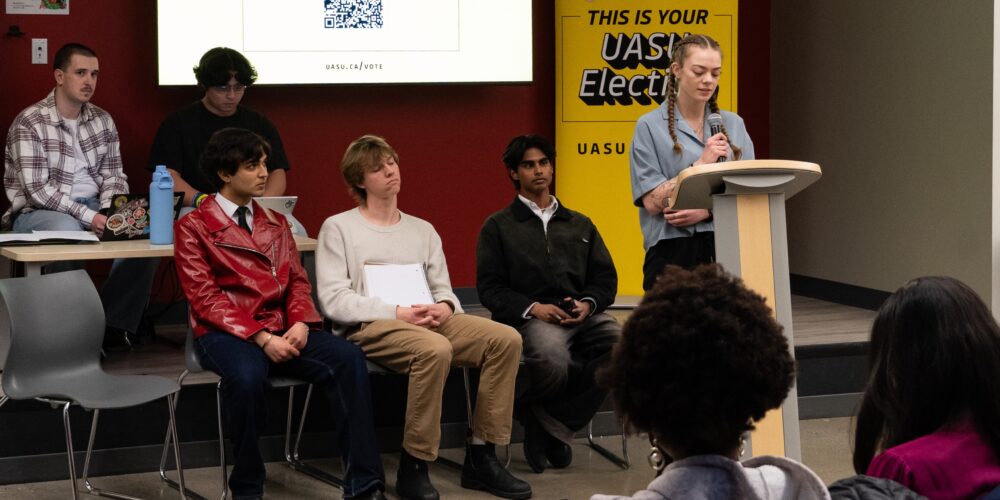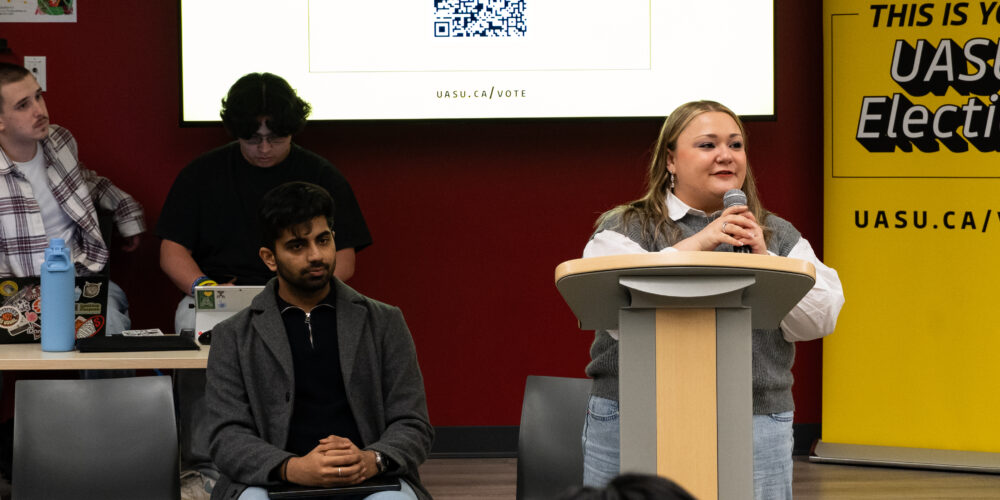 Ab Sch
Ab SchIn a time where distrust between the government and the public is ever-present, why in the world would we hide the behaviour of elected officials from the public? That’s a question some people are asking the City of Edmonton.
On June 11, the City of Edmonton administration proposed changes to the city council’s code of conduct. These proposed changes included keeping reports of councillor misconduct and council’s discussions of these reports private by default. Council would need to vote to make the reports public. Thankfully, every councillor — except for Jennifer Rice — recognized the flaws in these changes and voted to send the proposal back for reconsideration. Administration is expected to present a new proposal in the fall.
It is the right and responsibility of the public to hold those that govern accountable for their actions. Even though city council made the right decision by rejecting the proposed changes, concerns about government transparency and accountability remain. Come fall, city administration must create a proposal that increases transparency and accountability, instead of diminishing it. Furthermore, Edmontonians must voice their opinions so that the next proposal doesn’t repeat the same mistakes.
My main concern with the proposed changes is they would have detracted from the written purpose of the code of conduct. City bylaw states that “a code of conduct provides councillors with shared accountability and a framework to guide ethical conduct.” It also states that “public interest is best served when councillors perform their functions of office … with integrity, accountability, transparency, and respect.”
In order for Edmontonian’s to provide accountability, they need to be fully aware and informed of councillors actions. Therefore, a code of conduct that keeps reports of councillor misbehaviour private from the public, who have a responsibility to hold their elected officials accountable, fails to serve its purpose. The new proposal in the fall needs to fix its previous flaw. After all, what’s the point of having a bylaw that doesn’t do what it’s intended to do?
One of the concerns this proposal seemed to be trying to address was protecting the privacy of involved individuals, but there’s already ways to protect people’s privacy. Councillor Erin Rutherford was one of the council members who voted against the proposed changes. She recognized that sometimes the city needs to discuss things privately, citing the example of a city employee making a complaint. However, she also explained that the Freedom of Information and Protection of Privacy Act already protects individuals’ privacy. The city doesn’t have to sacrifice privacy for the sake of transparency, and vice versa. Rutherford’s comments further prove the futility of the first proposal and demand clearer intentions from the next.
Finally, aside from tarnishing the sanctity of public accountability, these proposed changes would pose other dangers as well. Rutherford pointed out that hiding information from the public also leaves space for them to make incorrect assumptions. For example, someone could make false accusations against councillors due to a lack of information. Councillors wouldn’t even be able to disclose the truth and defend themselves because of the private reports. It would diminish communication from the government and create more distrust within the public. People deserve to have the full picture of who their elected officials are and how they conduct themselves. For many, personal character is a key factor when voting. As such, public access to reports is integral to an informed decision-making process.
Evidently, the first proposal lacked a precise goal and threatened Edmontonian’s right to hold their elected councillors accountable. City administration needs to reconsider what they’re trying to accomplish with these changes and if they’re even necessary. In a time of weakening relationships and trust between governments and their people, the City of Edmonton needs to be part of the solution — not part of the problem.




